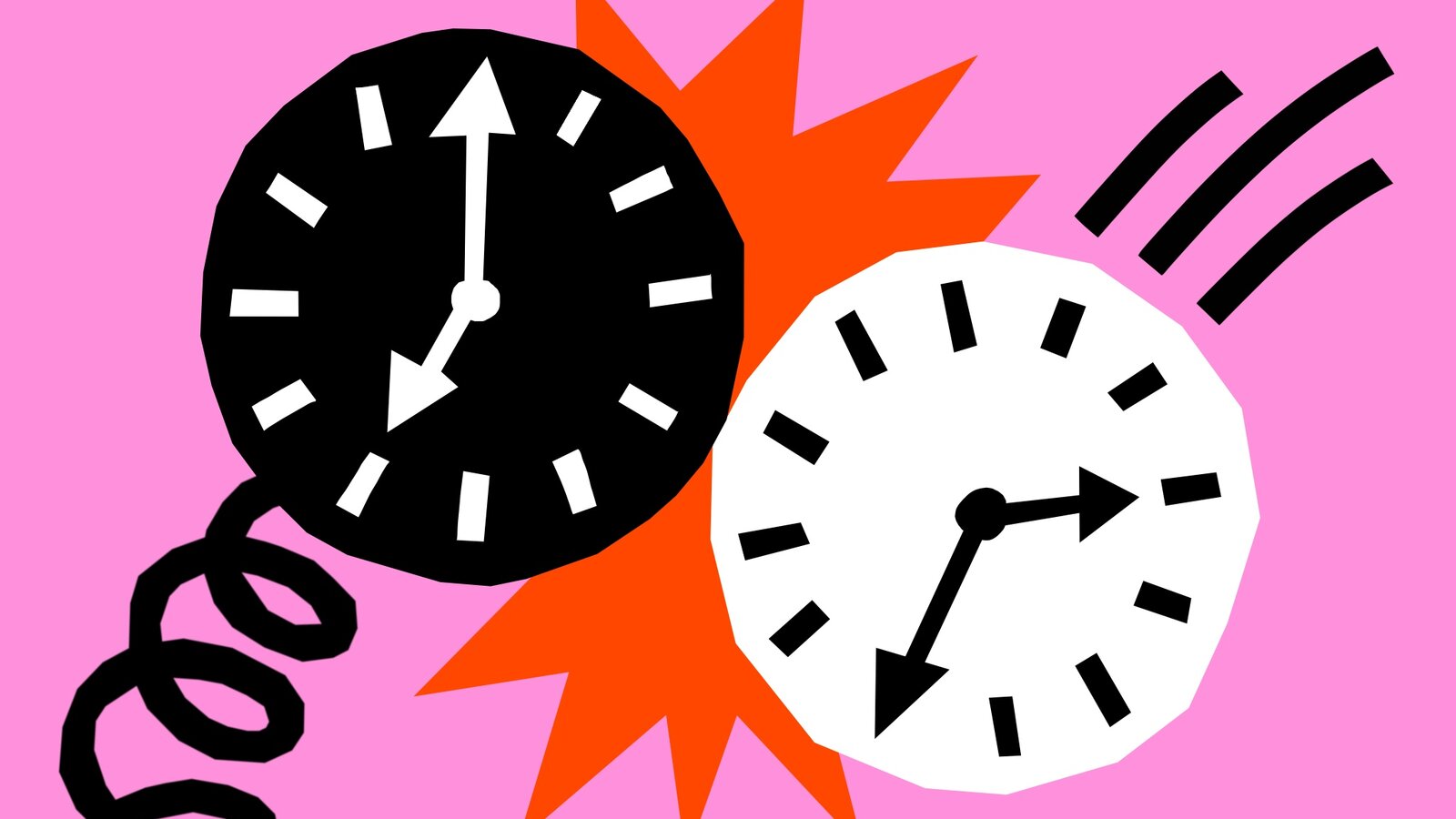
Ashley Shen, Grade 8

Daylight savings time: the practice of advancing our clocks forward one hour during the warmer months. Although its purpose is to maximize the time people can spend outdoors, save energy costs, and overall, make better use of daylight, there is considerable debate as to its effectiveness and impacts on society.
To begin, there are many benefits to daylight savings, both for the general public and also private companies. The most obvious for everyone is that it can increase the likelihood of going outside instead of being inside all the time: cooperating with the warm weather, daylight savings allows people to go outside in the evening without the sun fleeting away.
With that, you can also do what you want or need with natural lighting from the sky and the sun instead of turning on the lights. Research has shown that natural lighting, instead of artificial, improves your mental well-being and often has a positive effect on the physical body. Natural daylight has also been shown to increase productivity, thus helping you get your work done in a faster and healthier way.
Aside from the positive effects that come from being under natural lighting or daylight, taking advantage of sunlight minimizes energy consumption; and by spending time outside, it clearly will reduce your need for electricity, therefore also lowering your costs.
The last benefit of daylight saving has a major effect: during daylight savings time, the crime rate drops. In a study conducted by Stanford, robbery rates decrease by an average of 51% during the hour of sunset when daylight savings time is in place. The study also showed that natural light is directly connected to crimes—robbery, murder, etc.—the theory for the reason is that an increase of light means that criminals have a higher chance of being caught, thus, they do not want to take the risk.
Aside from the benefits, what are the negative effects? The biggest argument is that the practice affects our sleep. Many sleep specialists believe that daylight savings time has a major effect on our health: when we advance the clocks, many people may suffer from sleep deprivation, leading to an increase in heart attacks and accidents. Studies show that our sleep rhythms are incredibly important in our daily behavior, and the closer our sleep rhythms are to the sunrise and sunset, the better.
Poor sleeping habits put people at more risk of depression, frequent mood swings, obesity, diabetes, and other health risks. These things that come from negative sleeping habits and rhythms mainly target children and teenagers, raising concerns for families. Since the fact that daylight savings time consists of changing our clocks twice a year, it also means that it puts our body out of synchronization twice a year; over time, this can affect the overall balance of our circadian rhythms.
Now that both the pros and cons of daylight saving time have been weighed, you decide: is daylight savings time beneficial or detrimental?